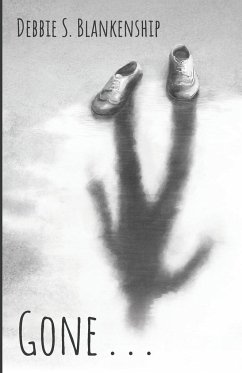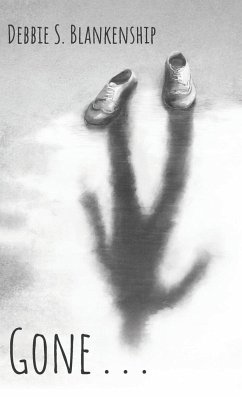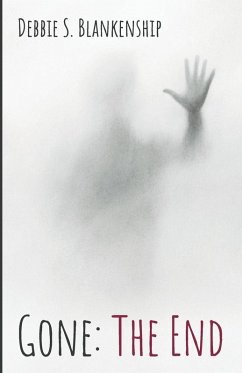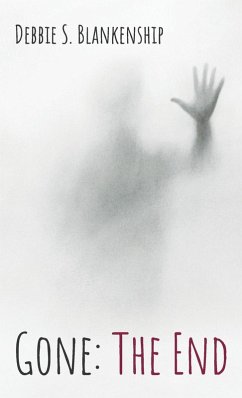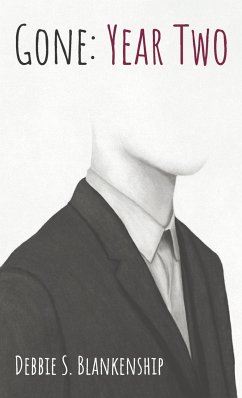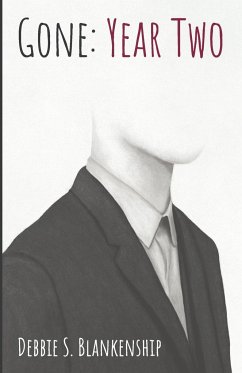
The Rapture of Michael Pryor
Versandkostenfrei!
Versandfertig in 1-2 Wochen
22,99 €
inkl. MwSt.
Weitere Ausgaben:

PAYBACK Punkte
11 °P sammeln!
When technology solves the problems of energy, transportation, and physical health, the last problem to solve is humanity's spiritual unhappiness. Into this global scene comes Dr. Richard Gesar, brain physiologist and Tibetan tulku, who develops a spiritual technology, a way to measure and create spiritual experience. With his union of science and spiritual wisdom, he comes to create a humanity happy, whole, and at peace with God and with one another. It is at last a human completeness; or is it a final deception in which the only people able to see it are those willing to remain unhappy? Mich...
When technology solves the problems of energy, transportation, and physical health, the last problem to solve is humanity's spiritual unhappiness. Into this global scene comes Dr. Richard Gesar, brain physiologist and Tibetan tulku, who develops a spiritual technology, a way to measure and create spiritual experience. With his union of science and spiritual wisdom, he comes to create a humanity happy, whole, and at peace with God and with one another. It is at last a human completeness; or is it a final deception in which the only people able to see it are those willing to remain unhappy? Michael Pryor, skeptical and atheistic investigative reporter, and his brother Daniel, a Christian without peace of mind, come to similar conclusions from very different sides. A novel of intrigue and deception, philosophy and spirituality, in which the desire to find God is itself the lure. An end-times novel in which the Christians lose the final battle.





